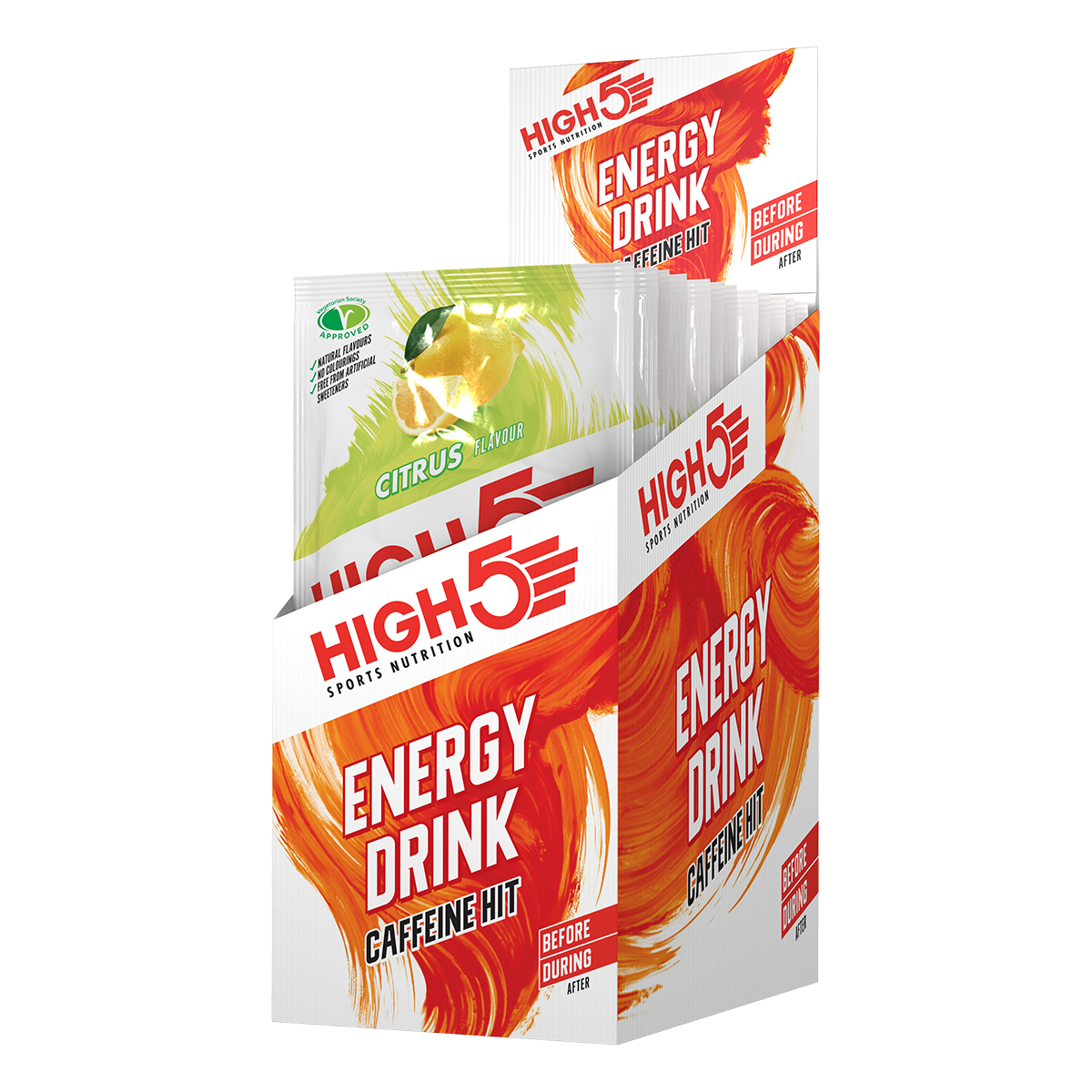

Health experts agree that energy drinks which contain caffeine do improve alertness. Uses Įnergy drinks are usually marketed to young people and provide benefits among which are health effects of caffeine along with benefits from the other ingredients they contain. Populations at risk for complications from energy drink consumption include youth, caffeine-naïve or caffeine-sensitive, pregnant, competitive athletes and people with underlying cardiovascular disease. Energy drinks have been associated with many health risks, such as an increased rate of injury when usage is combined with alcohol, and excessive or repeated consumption can lead to cardiac and psychiatric conditions. Advertising for energy drinks usually features increased muscle strength and endurance, but there is no scientific consensus to support these claims. Other studies ascribe those performance improvements to the effects of the combined ingredients. Most effects of energy drinks on cognitive performance, such as increased attention and reaction speed, are primarily due to the presence of caffeine. Įnergy drinks have the effects of caffeine and sugar, but there is little or no evidence that the wide variety of other ingredients have any effect. According to the ESFA this is equivalent to 4 cups of coffee (90 mg each) or 2 1/2 standard cans (250 ml) of energy drink (160 mg each/80 mg per serving). This has been confirmed by a panel of the European Food Safety Authority (EFSA), which also concludes that a caffeine intake of up to 400 mg per day does not raise safety concerns for adults.

According to the Mayo Clinic, it is safe for the typical healthy adult to consume a total of 400 mg of caffeine a day. Some alcoholic drinks, such as Buckfast Tonic Wine, contain caffeine and other stimulants. Other soft drinks such as cola may contain caffeine, but are not considered energy drinks either. Ĭoffee, tea and other naturally caffeinated drinks are usually not considered energy drinks. There are many brands and varieties in this drink category. They are a subset of the larger group of energy products, which includes bars and gels, and distinct from sports drinks, which are advertised to enhance sports performance. They may or may not be carbonated and may also contain sugar, other sweeteners, herbal extracts, taurine, and amino acids. A variety of energy drinks in a supermarket shelfĪn energy drink is a type of drink containing stimulant compounds, usually caffeine, which is marketed as providing mental and physical stimulation (marketed as "energy", but distinct from food energy).


 0 kommentar(er)
0 kommentar(er)
